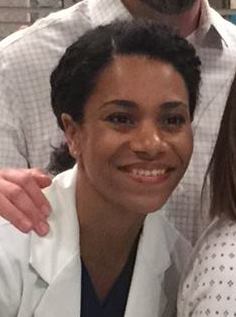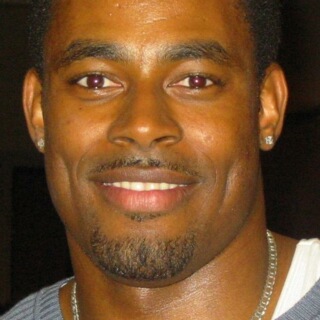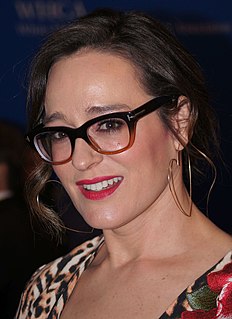A Quote by Kelly McCreary
I want to be part of the storytelling that educates people and awakens a sense of compassion in other people of the kind of people they don't encounter in their daily lives very frequently.
Quote Topics
Related Quotes
Part of the people here are interested in the same thing that Putin is interested in: Putin wants to have America as an enemy. Part of Americans want to have Russia as an enemy. It's advantageous. The other part of the people are just ordinary people. And these people project onto big objects the kind of relations that they have with small objects in their everyday lives.
Compassion is not a popular virtue. Very often when I talk to religious people, and mention how important it is that compassion is the key, that it's the sine-qua-non of religion, people look kind of balked, and stubborn sometimes, as much to say, what's the point of having religion if you can't disapprove of other people?
I don't think that on a daily basis, people need to be so concerned with others think. When someone comes forward and is an individual, such as a Lady Gaga or a Katy Perry, people respond to them because there is that sense of innocence. It's obviously dress up and theatre. I never lost that I think part of that is growing up gay and part is growing up overweight. You never lose that, and I never want to lose touch with that whimsy, that sense of innocence. I also love the reaction it elicits in people. I like that it makes other people happy.
When you read about the lives of other people, people of different circumstances or similar circumstances, you are part of their lives for that moment. You inhabit their lives, and you feel what they're feeling, and that is compassion. If we see that reading does allow us that, we see how absolutely essential reading is.
Our decisions about transportation determine much more than where roads or bridges or tunnels or rail lines will be built. They determine the connections and barriers that people will encounter in their daily lives - and thus how hard or easy it will be for people to get where they need and want to go.
Most importantly, I realize the value of the other people - the extended family - the other people within my community, my cultures: my teachers and the other people I call Auntie, Uncle, Godfather, Godbrother, whatever. These are people who pulled you in and made you part of their lives and their homes.
I think poetry always lives its life, and people come to it and people go away from it, 'people' in the sense of larger numbers of people. It's as though you begin to think that poetry is a resource, and that at certain times people seem to need it or want it or can find sustenance in it, and at other times they can't.
People create the illusion of acting natural, which is what I think most documentarians do in part because of the direct cinema orthodoxies that came into play really in the '60s. That moment of performance is a tremendous opportunity to make visible something hitherto invisible, which is how people want to be seen. How do they see themselves? What are the scripts, fantasies, genres by which they imagine themselves? How is storytelling part of what we are as human beings? We wouldn't kill each other en masse if it weren't for storytelling. We wouldn't be able to live with ourselves.
People who don't want to get on with their lives, and don't want to accept responsibility for the direction of their lives want to hang out with other people who don't want to accept responsibility or move on, and so you find that your entire culture around you are people who are just like you, because that's what's comforting.




































